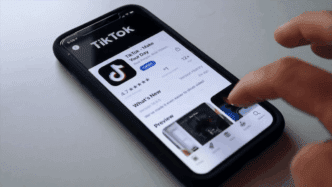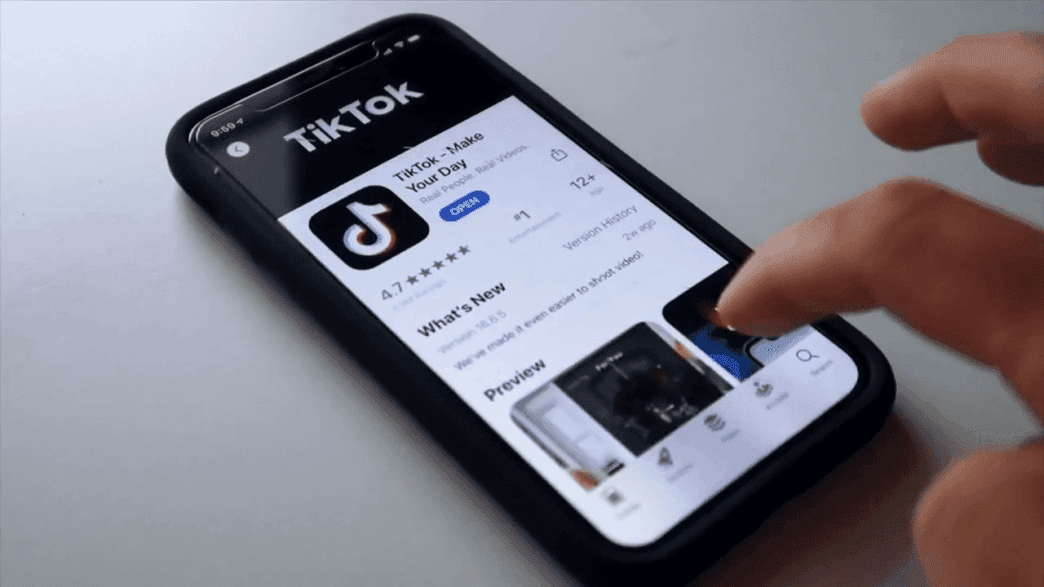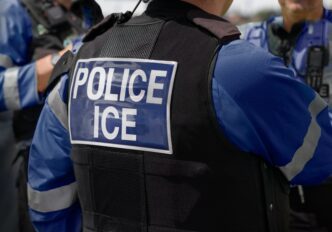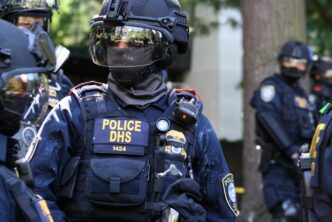In a pivotal move, President-elect Donald Trump has approached the Supreme Court to request a postponement of the impending TikTok ban, set to take effect on January 19, 2025. This request is made to allow his incoming administration the opportunity to address the issue through political means.
Trump’s appeal to the Supreme Court does not express any opinion on the core issues surrounding the TikTok ban. Instead, it urges the Court to delay the divestment deadline, allowing more time to evaluate the legal arguments while avoiding a rushed decision. Meanwhile, TikTok and the Biden administration are engaged in a legal battle, presenting opposing viewpoints on the potential ban.
TikTok is challenging a law requiring it to separate from its parent company in China by January 19, arguing it violates First Amendment rights by restricting free speech. Conversely, the Biden administration supports the law, citing national security concerns.
A recent ruling by a panel of three federal judges from the U.S. Court of Appeals for the District of Columbia Circuit upheld the statute, prompting TikTok to escalate the matter to the Supreme Court. With oral arguments slated for January 10, the Supreme Court’s decision on whether to delay the law’s enforcement is highly anticipated.
Trump’s amicus brief underscores his preference for resolving the conflict through political channels rather than an outright ban at this stage. This reflects a broader strategy to navigate the complex legal and political landscape surrounding TikTok’s presence in the United States.
The Supreme Court’s decision on the TikTok ban will have significant implications for digital privacy, national security, and international business relations. The outcome remains uncertain, with both legal and political dimensions influencing the final verdict.
Source: Wsvn







